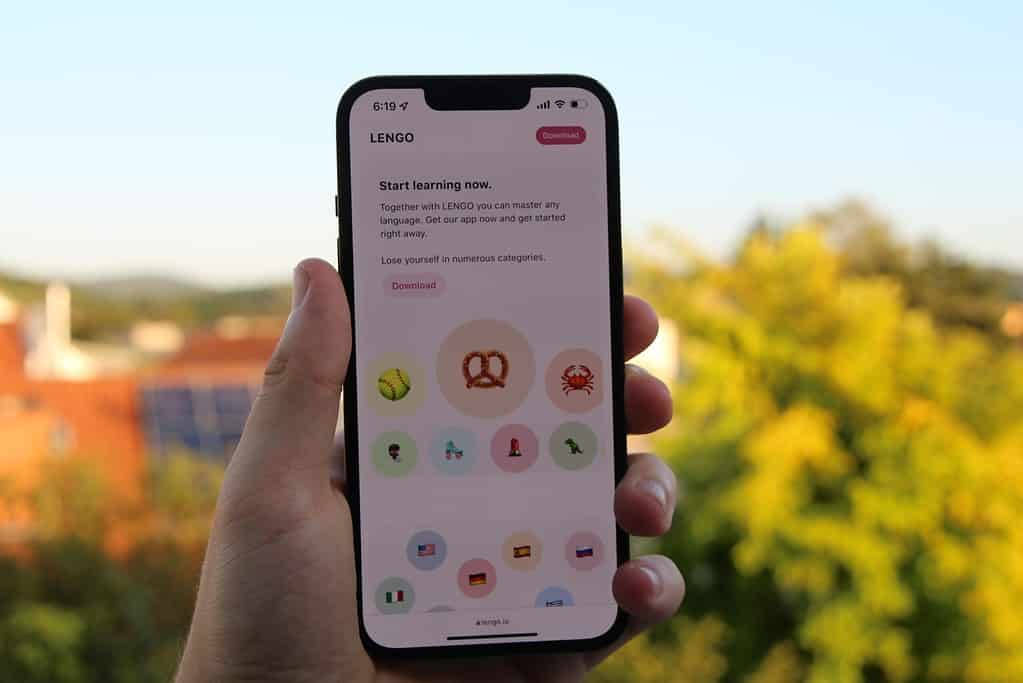French isn’t simply a language spoken in one uniform way. Its regional accents invite learners into a world of delightful diversity and nuance that can transform your understanding and enjoyment of spoken French. Whether you’re preparing for a casual conversation or aiming to master more formal discourse, exploring the distinct phonetic flavors across France deepens your listening skills and broadens your cultural perspective. As you journey through this guide, you might even want to check out swaplang for 1-to-1 video exchanges with native speakers to get real-time feedback on your pronunciation.
Importance of Understanding Regional Accents
Diving into French regional accents is like discovering secret doors to the country’s soul. Each accent reveals a vibrant cultural history and can make or break your comprehension of fast-spoken native dialogues. Recognising the subtle differences between, say, the clipped tones of the north and the musical inflections from the south is crucial. Research from Speechling’s guide to French accents and insights from Fluent Forever’s regional guide provide compelling explanations on how these nuances arose and continue to influence modern French speech.
Understanding these subtleties not only boosts your listening accuracy but also gives you the confidence to converse with native speakers from all over France. Imagine being able to distinguish when a friend from Paris speaks about their latest café visit versus how a local from Provence describes the vibrant local markets. This insight is invaluable for practical communication and for truly connecting with French culture.
Parisian Accent: The Social Norm
The Parisian accent is often considered the benchmark in French media, education, and formal settings. It’s like the “Received Pronunciation” of French—a standard that many learners aim to emulate. However, it’s worth noting that even Parisians have layers of variation depending on their age and social background.
In Paris, pronunciation tends to be crisp yet fluid. There is often the softening or dropping of final consonant sounds and a general avoidance of overly nasal intonations. For learners, tuning into these details can make your conversations feel more natural and help reduce that slightly “foreign” flair in your speech. References like Talk in French’s comprehensive guide highlight how the accent has evolved while maintaining its clear, articulate style. This accent is prevalent in international media, which makes it a useful tool for learners preparing for global communication.
Southern French Accent: Warmth and Openness
Unlike the structured cadence of Parisian French, the Southern accent sings with a relaxed, musical quality that reflects the warm climate and laid-back lifestyle of the region. In areas such as Provence and Languedoc, you will notice a softer ‘r’ and even a lilt in the way vowels are pronounced that gives sentences a melodious finish.
This regional pronunciation can seem challenging at first, but it’s also filled with expressive emotion that perfectly captures the local joie de vivre. Studies and personal anecdotes suggest that while these intonations might slow you down momentarily, they ultimately enrich your understanding of the language’s versatility. For additional insights on using tone and rhythm to boost your listening skills, you might find the article on Mastering French Convo: Essential Tips for Beginners very useful, as it touches on practical approaches to varied pronunciation styles.
Alsatian Accent: A Rustic Charm
The Alsatian accent carries a rustic charm that hints at the region’s complex history and its borderland blending of French and German influences. Its unique sound often features rolled ‘r’s and distinct vowel shifts that might initially register as a playful quirk compared to more familiar French pronunciations.
For learners, encountering the Alsatian accent is like peeling an onion—each layer reveals new cultural and phonetic subtleties. While this accent might not be as widespread in media as its Parisian counterpart, mastering its peculiarities can be a rewarding challenge. With persistence, you might start to appreciate how the linguistic elements of Alsatian provide key insights into the historical migration and settlement patterns in eastern France.
Practical Tips for Adapting to Various Accents
Adapting to the broad range of French accents begins with exposure and active listening. Consistent practice with varied audio sources is the key. Whether it’s basking in the smooth tones of Paris, soaking up the sun-drenched melodies from the south, or enjoying the rustic inflections of Alsace, every accent adds a stroke to your overall mastery of French.
Here are some tailored strategies for learners:
- Immerse yourself in regional radio shows or podcasts that feature diverse accents. This not only enhances your listening skills but also builds your vocabulary in context.
- Engage in language exchanges using platforms like swaplang where you can interact with native speakers from different regions. This immersive practice accelerates your learning pace and offers real-life pronunciation feedback.
- Record yourself speaking and compare your pronunciation to native examples. Listening back can reveal intonation patterns and areas for improvement.
- Supplement your study with accent-specific guides and articles. For a humorous yet informative take on the differences you might hear, consider reading Decoding French Humor: Mastering Jokes and Puns to get a feel for the lighter side of regional linguistic quirks.
Equally important is not to rush perfection. Embrace the learning process, mistakes and all, as every mispronounced sound is a stepping stone towards a more native-like accent.
For even more practical tips that harmonise listening, speaking, and cultural immersion, check out resources like Fluent Forever’s detailed breakdown of French accents and integrate what you learn into your daily practice.
If this guide sparked your interest in exploring the rich world of French accents further, why not take a step closer to conversational fluency? Visit swaplang’s sign-up page to experience personalized, one-on-one sessions that tailor to your learning style. Embrace the diversity of French accents and watch your confidence soar in every conversation you have!

















